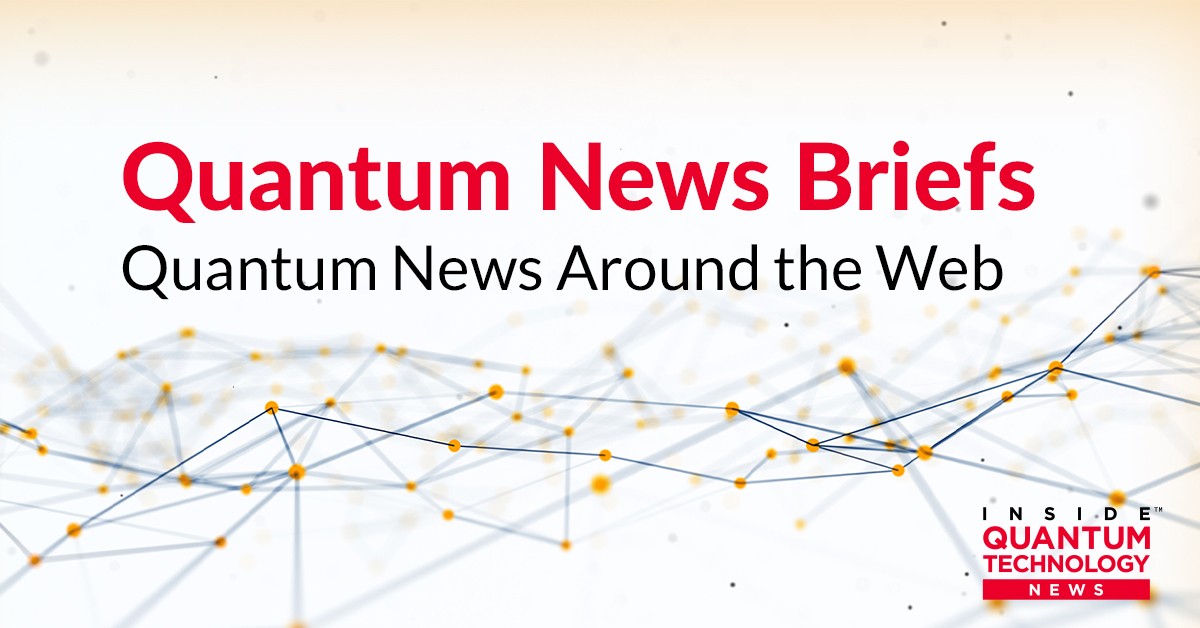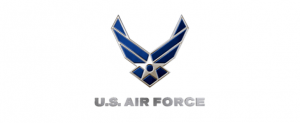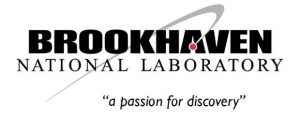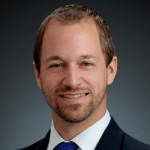Quantum News Briefs August 30: Air Force requests quantum computing algorithms for next-gen command & control; Interview w Krysta Svore, VP of Microsoft Quantum, & MoU signed by Finland & Singapore to strengthen quantum research cooperation & MORE

Quantum News Briefs August 31 begins with information on the Air Force’s announcement asking industry to develop quantum computing software algorithms followed by recent interview with Krysta Svore, VP of Microsoft Quantum, in which she talks about the journey to quantum advantage. Next are details on the MoU between Finland & Singapore and their agreement to strengthen cooperation on quantum technology research. And MORE.
Air Force asks industry to develop quantum computing software algorithms for next-gen command & control
 U.S. Air Force researchers are asking industry to develop new quantum computing algorithm software for machine automation and machine learning in future command, control, communications, and intelligence systems.
U.S. Air Force researchers are asking industry to develop new quantum computing algorithm software for machine automation and machine learning in future command, control, communications, and intelligence systems.
Officials of the Air Force Research Laboratory Information Directorate in Rome, N.Y., issued a broad agency announcement (FA8750 AFRL RIK ROME NY 13441-4514 USA) on Thursday for the Quantum Information Services project.
Researchers want companies to submit white papers for research, design, development, concept testing, experimentation, integration, evaluation, and delivery of technologies to support Air Force research in command and control.
The project has five focus areas: quantum algorithm and computation; quantum information processing; memory-node-based quantum networking; superconducting hybrid quantum platforms; and quantum information sciences.
****
Krysta Svore, VP of Microsoft Quantum, on the pathway towards a scalable quantum computer
 Krysta Svore, vice-president of Microsoft Quantum, recently spoke to Physics World about the company’s journey to quantum advantage. Quantum News Briefs summarizes
Krysta Svore, vice-president of Microsoft Quantum, recently spoke to Physics World about the company’s journey to quantum advantage. Quantum News Briefs summarizes
Svore explained, “One of the questions we’re considering is how to accelerate the journey to quantum advantage. What I mean by quantum advantage is, first of all, that we want to be able to solve problems that are meaningful and will help move our society forward. I have a daughter, and I want to change the future for her – I don’t want to leave her these Herculean challenges related to sustainability, climate change, energy and finding better ways to use the resources on our planet. Microsoft is aiming to produce a hybrid, heterogeneous, AI-powered, quantum-powered supercomputer that will bring forward solutions for these types of problems with our cloud-computing Azure system.
We’re also thinking about our software platform. We’ve been studying quantum algorithms for years, so we’ve taken what we’ve learned about how to optimize and compile them, and brought that knowledge to our platform. Right now, with Azure, you can try out small problems on a diverse set of real hardware that is supplied by our various partners. But you can also write applications, develop your code, decide how big a quantum computer you’ll need and work out how it will operate alongside a classical one.
Over decades of research, Microsoft identified that a successful quantum machine needs three key characteristics. First, it needs to be the right size. The qubit needs to be small enough that you can fit a million on a wafer, so that the machine is not going to end up being the size of a skyscraper. Next, it needs to be the right speed. The machine needs to be fast enough that when you run billions of operations, all of them can be complete in a matter of weeks, such that we don’t wait more than a month for the full end-to-end solution combining classical and quantum elements. Finally, we need a qubit that’s reliable enough as we scale up; one that won’t consume as many resources because we’re taking advantage of natural, intrinsic qubit properties to correct errors. That’s what will allow us to run billions of operations.
*****
Finland & Singapore’s National Quantum Office sign MoU to strengthen quantum technology research cooperation

The National Quantum Office of Singapore, VTT Technical Research Centre of Finland, IQM Quantum Computers and CSC – IT Center for Science (Finland) agree to explore and promote research and development collaboration in the areas of quantum technologies. Under the MoU, the parties aim to accelerate the development of quantum technology hardware components, algorithms and applications, and collaborate in the areas of quantum-accelerated high-performance computing and both terrestrial and satellite quantum communications.
The MoU will also pave the way for knowledge exchange on national strategic roadmaps for quantum technologies.
VTT has 30 years of research experience in development and commercialisation of quantum technology solutions and is hosting Finland’s first quantum computer Helmi. CSC’s expertise lies in scientific computing solutions based on state-of-the-art research ICT infrastructures, and the enterprise recently celebrated the inauguration of the pan-European LUMI supercomputer, the most powerful in Europe. IQM is the European leader in building quantum computers for supercomputing centers and research laboratories.
The National Quantum Office (NQO) is responsible for the development and execution of Singapore’s National Quantum Strategy to advance Singapore’s quantum technologies, talent and ecosystem development. Three national level quantum programmes had been launched; namely the National Quantum Computing Hub, National Quantum-Safe Network and the National Quantum Fabless Foundry. These programmes bring together expertise and facilities from the Centre for Quantum Technologies teams at the National University of Singapore and Nanyang Technological University Singapore, A*STAR’s Institute of High Performance Computing, Institute of Materials Research and Engineering and the National Supercomputing Centre Singapore.
*****
North Carolina Agricultural and Technical State University Joins Brookhaven Lab’s Quantum Center
 North Carolina Agricultural and Technical State University (N.C. A&T), the largest historically black university and nationally recognized institution for excellence in science, technology, engineering, and mathematics (STEM) education, has joined the Brookhaven National Laboratory-led Co-design Center for Quantum Advantage (C2QA). N.C. A&T is the second affiliate member to join C2QA and the 25 existing partners in the Center, which was formed in 2020.
North Carolina Agricultural and Technical State University (N.C. A&T), the largest historically black university and nationally recognized institution for excellence in science, technology, engineering, and mathematics (STEM) education, has joined the Brookhaven National Laboratory-led Co-design Center for Quantum Advantage (C2QA). N.C. A&T is the second affiliate member to join C2QA and the 25 existing partners in the Center, which was formed in 2020.
QA is one of five U.S. Department of Energy (DOE) Office of Science National Quantum Information Science Research Centers (NQISRCs) established in support of the National Quantum Initiative Act, which aims to develop the full potential of quantum-based applications in computing, communication, and sensing to benefit national security, economic competitiveness, and leadership in scientific discovery. C2QA’s primary focus is on building the tools necessary to create scalable, distributed, and fault-tolerant quantum computer systems.
“We are building a long-term, enriching partnership with C2QA and Brookhaven National Laboratory for both our faculty and our students, which is very exciting,” said Raymond Samuel, a Professor in the College of Science and Technology at N.C. A&T. N.C. Samuel is among the A&T faculty from the College of Science and Technology, the College of Engineering, and the Joint School of Nanoscience and Nanoengineering leading the university’s quantum research initiative.
N.C. A&T is dedicated to both cutting-edge research and preparing the next generation of researchers and professionals in the emerging field of quantum information science (QIS). In 2020, the university was selected to be one of five historically black colleges and universities (HBCUs) leading quantum research in a partnership with IBM as a designated research center. As the premier HBCU in the nation, number two public university for combining research and classroom teaching, and the number one producer of African American graduates in engineering, it is poised to attract fresh talent in this growing field.
*****
Sandra K. Helsel, Ph.D. has been researching and reporting on frontier technologies since 1990. She has her Ph.D. from the University of Arizona.





















